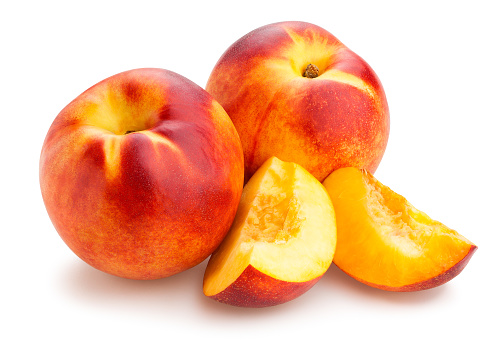John Handscomb, Partner at Akerlof and Project Lead for the Market Enablers Workstream, looks at how George Akerlof’s seminal paper “The Market for Lemons: Quality Uncertainty and the Market Mechanism” has many lessons for the construction industry.
Akerlof’s paper uses the market for used cars as an example of the problem of quality uncertainty. A used car is one in which ownership is transferred from one person to another, after a period of use by its first owner and its inevitable wear and tear. There are good used cars (“peaches”) and defective used cars (“lemons”), normally as a consequence of several not-always-traceable variables, such as the owner’s driving style, quality and frequency of maintenance, and accident history. Because many important mechanical parts and other elements are hidden from view and not easily accessible for inspection, the buyer of a car does not know beforehand whether it is a peach or a lemon. So the buyer’s best guess for a given car is that the car is of average quality; accordingly, the buyer will be willing to pay the price of a car of known average quality. This means that the owner of a carefully maintained, never-abused, good used car will be unable to get a high enough price to make selling that car worthwhile.
Therefore, owners of good cars will not place their cars on the used car market. The withdrawal of good cars reduces the average quality of cars on the market, causing buyers to revise downward their expectations for any given car. This, in turn, motivates the owners of moderately good cars not to sell, and so on. The result is that a market in which there is asymmetric information with respect to quality shows characteristics similar to those described by Gresham’s Law: the bad drives out the good.

Yet construction that has many accreditation’s from safety to sustainability struggles to consistently use this information during the buying and selling process. Partly because many of the accreditation schemes aren’t trusted but also because the buyer struggles to determine which accreditation or solutions are important and so with an inability to define what brings value then relies on the basic principle of lowest price and quickest time. This then leads to the seller having to promise Peaches knowing that the market price is for that of a Lemon. If nothing else this creates a disingenuous market and suppliers (contractors) that sees no value in investment in creating Peaches as it will always be valued as a Lemon.
The work of the value tool kit is to both help organisations define value and communicate this to the supply chain but also enable the supply chain to offer value based solutions that better meets the buyers needs knowing that the buyer will value the quality of the offering and not just buy on lowest price. The Value Toolkit will also create a framework for long term gathering of data to enable far greater differentiation between Peaches and lemons.


Comments are closed.